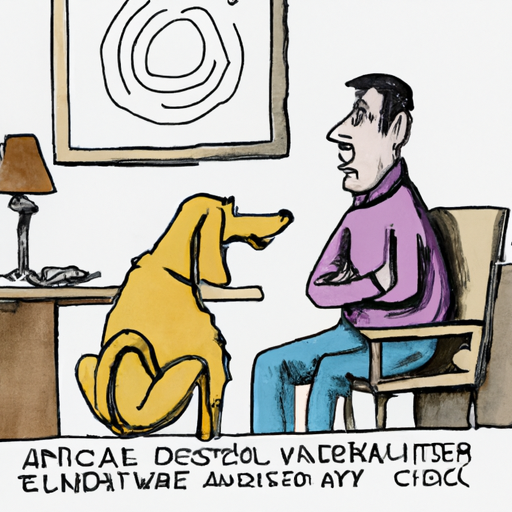Acid reflux, a condition that might be all too familiar to you, can also afflict your four-legged friend. As a dedicated caregiver, understanding how to identify and treat acid reflux in dogs can go a long way in ensuring your pet’s comfort and health.
1. Understanding Acid Reflux in Dogs
Acid reflux is a condition where the stomach acid flows back into the esophagus, causing discomfort and potentially damaging the esophageal lining. Dogs, like humans, can suffer from this condition, and the symptoms can be equally distressing. Your furry companion might show signs like frequent vomiting, weight loss, or changes in appetite.
To confirm if it’s acid reflux, your vet will likely carry out a series of tests, including X-rays or an endoscopy. The vet might also take a closer look at your dog’s diet, as certain foods can exacerbate acid reflux.
2. Dietary Changes You Can Make
One of the first steps in managing acid reflux is reviewing your dog’s diet. Feed your dog smaller, more frequent meals. This approach can help reduce the volume of stomach acid produced. Also, consider the following food recommendations:
- High-quality, easily digestible protein sources like chicken or fish
- High fiber foods like sweet potatoes or pumpkin
- Avoid feeding your dog spicy foods or those high in fat
| Recommended Foods | Foods to Avoid |
|---|---|
| Chicken | Spicy foods |
| Fish | High-fat foods |
| Sweet potatoes | |
| Pumpkin |
3. Medications and Their Role
In some cases, dietary changes might not be enough. Your vet might prescribe medications to help control the acid production in your dog’s stomach. These could include proton pump inhibitors or H2 receptor blockers. Always ensure you follow your vet’s instructions when administering these medications.
4. The Role of Surgery
In severe cases, when acid reflux can’t be managed through diet or medication, surgery might be an option. This is typically a last resort and would involve tightening the lower esophageal sphincter to prevent acid from flowing back into the esophagus.
5. Preventing Acid Reflux
Prevention is always better than cure. Regular exercise, maintaining a healthy weight, and a balanced diet can help keep acid reflux at bay. It’s also essential to have regular vet check-ups to identify any potential issues early.
Frequently Asked Questions
Q: Can acid reflux in dogs be cured?
A: In many cases, yes. With the right diet, medication, and in severe cases, surgery, acid reflux can be managed effectively.
Q: Are certain breeds more prone to acid reflux?
A: While any dog can suffer from acid reflux, brachycephalic breeds like Bulldogs and Shih Tzus are more prone due to their physical structure.
Q: How can I tell if my dog has acid reflux?
A: Look for signs of discomfort like excessive drooling, frequent vomiting, or changes in appetite. If you notice these symptoms, consult your vet.



